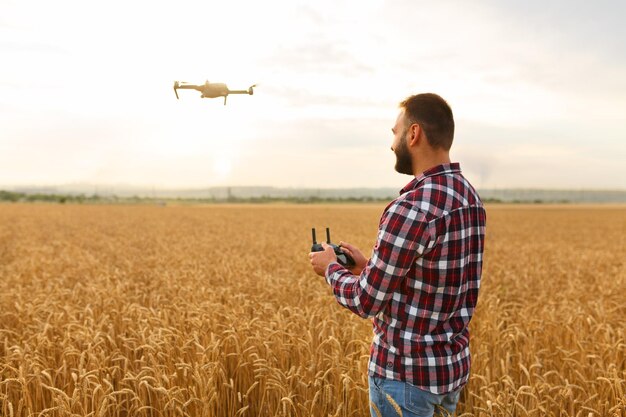As agricultural technology continues to evolve, Thailand has emerged as a leader in AI-enhanced drone mapping, using smart aerial systems to optimize farming operations. These drones provide real-time data on soil conditions, crop health, and irrigation needs, helping farmers increase productivity and reduce costs. South Africa, with its diverse agricultural landscape and climate challenges, stands to gain significantly from adopting this cutting-edge technology.
How AI-Enhanced Drone Mapping Works
AI-driven drones use high-resolution cameras, multispectral sensors, and machine learning algorithms to collect and analyze farmland data. These drones generate detailed maps that identify problem areas, such as pest infestations, nutrient deficiencies, and water stress. By leveraging artificial intelligence, farmers receive actionable insights that enable precise interventions, improving efficiency and sustainability.
Potential Benefits for South African Agriculture
- Improved Crop Monitoring – AI-enhanced drones can detect early signs of disease and nutrient imbalances, allowing for timely corrective actions.
- Precision Resource Management – Targeted irrigation and fertilization reduce waste, conserve water, and lower operational costs.
- Enhanced Yield Predictions – AI models analyze historical data and current conditions to provide accurate yield forecasts, helping farmers plan more effectively.
- Climate Resilience – With South Africa facing increasing droughts and extreme weather, drone mapping can help farmers adapt by identifying areas at risk.
- Sustainable Farming Practices – The ability to apply fertilizers and pesticides with precision minimizes environmental impact and promotes eco-friendly farming.
Challenges to Implementation in South Africa
While the benefits are clear, adopting AI-enhanced drone mapping in South Africa comes with challenges, including:
- Cost and Accessibility – Advanced drones and AI analytics require significant investment, making affordability a concern for small-scale farmers.
- Regulatory Frameworks – South Africa needs to establish clear guidelines on drone usage in agriculture, including data privacy and airspace regulations.
- Internet and Infrastructure Limitations – Reliable connectivity is necessary for real-time data transmission, which remains a challenge in rural areas.
- Farmer Training and Adoption – Education and skill-building programs are needed to ensure farmers can effectively use and interpret drone-generated data.
The Path Forward
To successfully integrate AI-enhanced drone mapping, South Africa can collaborate with technology providers, offer government incentives, and develop policies that promote innovation. By learning from Thailand’s success, South Africa can modernize its agricultural sector, boost productivity, and strengthen food security in the face of climate change.
With the right investments and support, AI-driven drone technology could revolutionize farming in South Africa, ensuring a more efficient, sustainable, and profitable future for the country’s agricultural industry.
Join 'Farmers Mag' WhatsApp Channel
Get the latest Farming news and tips delivered straight to your WhatsApp
CLICK HERE TO JOIN






